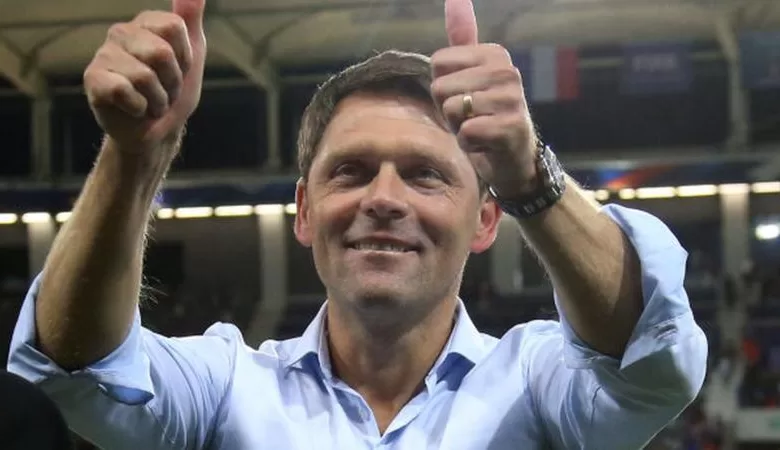Euro 2024 Play-Offs: Luxembourg’s ‘Extraordinary’ Rise To Brink Of History

- 15 December 1982 was wet and windy at Wembley
- The Grand Duchy holds the record for the most World Cup and European campaigns without qualifying
- At the weekends they return to their clubs and play league matches
15 December 1982 was wet and windy at Wembley. It was also stormy for Luxembourg’s footballers as they suffered another hammering. This time it was England recording their record European Championship qualifying victory as striker Luther Blissett claimed a hat-trick in a 9-0 mauling.
The life of a Luxembourg international player had been much the same for the years before and those immediately after. Mainly part-time they lurched from one heavy defeat to another.
The Grand Duchy holds the record for the most World Cup and European campaigns without qualifying. Up until 2008, 104 World Cup matches had garnered just eight points. But things are changing – as they sit just two games away from their first ever major tournament.
Luxembourg visit Georgia in the opening Euro 2024 play-off on Thursday before a potential final against either Kazakhstan or Greece for the right to reach the finals in Germany.
“We weren’t necessarily expecting a direct qualification, but you can always dream,” said Luxembourg Football Federation president Paul Philipp.
“We mustn’t lose sight of the fact we are a very small country and are never going to become European champions. The fact we are playing at such a high level is quite extraordinary.
“We’re certainly not favourites in these matches. But in football a lot is possible.”
Philipp earned 54 caps for Luxembourg before going on to coach the national senior side for 15 years and admits the time he spent playing and coaching was difficult.
The country has a population of 660,000, just 100,000 more than Manchester, leaving the search for talent tough.
“At the time we had few or no professional players,” he revealed. “That was a big disadvantage. Then in 2001 we created our national football academy, I believe this was the beginning or our success.”
The squad Philipp and his head coach, Luc Holtz, have built is now spread across Europe with players featuring for top level clubs in Germany, the Netherlands and Italy. It is all a far cry from Philipp’s time playing and coaching.
“The key to our success has been establishing the football academy where young players aged 12-19 train almost every day of the week with one international friendly a week,” said Philipp.
“At the weekends they return to their clubs and play league matches.






